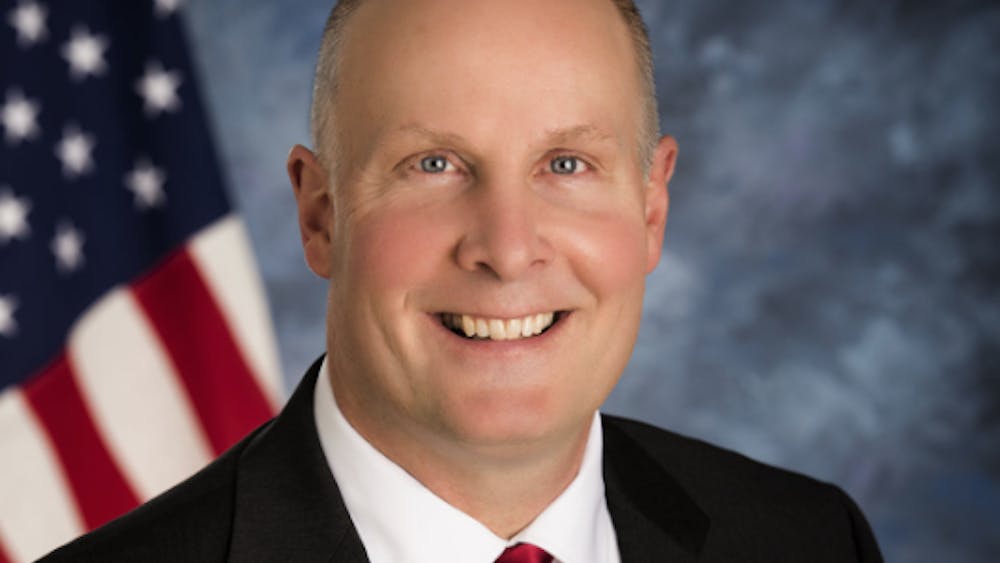OPINION: Choosing between an eating disorder and an education
Two months before I left for my freshman year of college, my doctor made me choose between “an education and a body bag.”
I was 15 pounds underweight. My brain was foggy. My hair was thin. I felt tired all the time. It was a constant battle of mind, body and control that had been at war since seventh grade, and now my anorexia was threatening to prevent me from moving away to school.
I purged in middle school when a friend said to consider not eating for a week before going to the waterpark during spring break.
I began purging after each meal and obsessively exercising. I pushed myself until I couldn’t tell the difference between my sweat and tears.
It took my first recovery attempt during my sophomore year of high school to discover purging causes the face and stomach to bloat.
From that discovery came starvation. Starvation left my body thin, but malnourished.
I kept small notebooks in my back pocket with pages of calories consumed. I found ways to make plates appear emptier than they were. I felt jealous when I saw young children playing because of how thin their legs were.
There’s something not many people know when going into recovery for the first time — it’s called the first time for a reason. Part of recovery is relapse.
Remembering to eat isn’t like remembering how to ride a bike. It doesn’t come naturally after not doing it properly for a few years. The simplicity of “I’m hungry, I should eat” doesn’t exist for people who’ve had an eating disorder.
Your body becomes used to not eating and rejects large amounts of food. I set reminders on my phone to eat. Most of the time I could only manage a few bites before I felt sick.
It took about two months to be able to eat a sandwich without having to stop halfway because of my nausea. I worked hard for a few months and gained a few pounds back.
I relapsed again that summer.
It was then my mother took me to the doctor, who he said if I didn’t gain 10 pounds by the end of the summer, I wouldn’t be able to move away to college.
Recovery isn’t easy. There are good days and bad days. There are days that begin good and end up being bad. There are days you want to just give up, even if it means not going to college or even dying.
And there are days that you realize that you just might make it.
For my third attempt at recovery, I gained eight pounds in eight weeks, allowing me to attend college.
It’s now been a year since my last recovery. Not every day is easy. There are days that my anxiety or heavy workload make me want to skip meals to have a better sense of control over my life. Days where I look in the mirror and hate what I see.
These are the days when I’m lying to myself.
Recovery is hard and frustrating and terrifying and exhilarating. It leaves you sobbing while sitting on public toilet seats looking at your thighs, and cry out of relief when you look in the mirror and don’t hate what you see.
In the United States, 30 million women suffer from a clinical eating disorder at some point in their lives. An eating disorder does not discriminate against gender, race or body type. I was suffering from an eating disorder when I was 160 pounds and when I was underweight. I was just as self-conscious and depressed at both weights. Weight doesn’t determine your happiness. Your mind and what you love to do does.
There’s no neat ending to recovery. But recovery is possible and makes life much more beautiful than before, since you have the energy to live it.
The mirror and I still don’t always get along. I still am self-conscious about my appearance, but I’m better than before. I have the energy to dance and joke with my friends about it because of the calories I wrote in my notebook.
I burned that notebook years ago.






